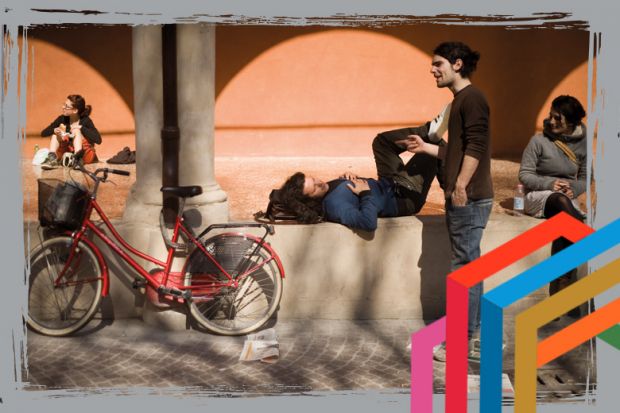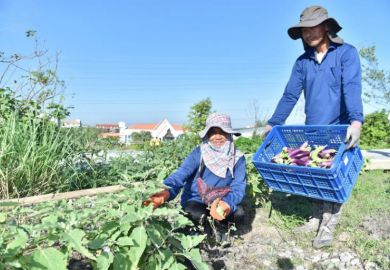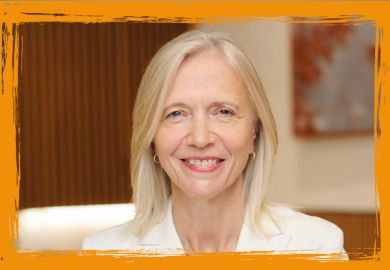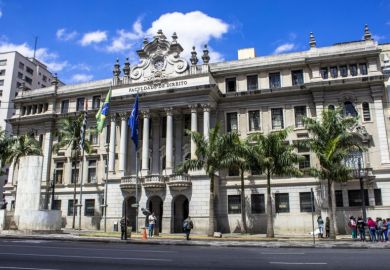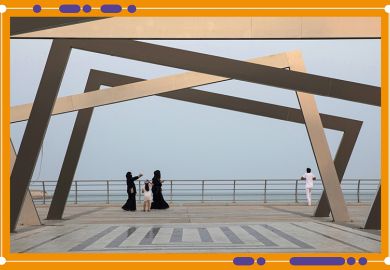Founded in 1088, the University of Bologna (Unibo) is the oldest university in the Western world.
It was born as a university spread out across the city. Classes were taught wherever space was available – such as in churches and professors’ homes. The university was not a physical space, but rather a spontaneous and informal gathering of a few students.
In the following centuries, the university developed, maintaining a sprawling campus but establishing different faculties first within and then outside the historical city walls. Since 2000, Unibo has adopted a multi-campus structure, stretching beyond Bologna to the eastern part of the Emilia-Romagna region. There are now campuses in the cities of Cesena, Ravenna, Forlì and Rimini, which offer interdisciplinary study programmes and are hubs for research activity. In each of the four newer campuses, the dispersed nature of the university is preserved, with courses being taught in different buildings across the cities.
Today, Unibo’s activities are conducted in 256 buildings, across about 1 million square metres. The university is one of the largest public universities in Italy, with more than 88,000 students, 3,100 academics and 3,100 technical or administrative staff. There are 31 departments, seven interdepartmental research centres for industrial research, 17 centres for education and research and more than 300 degree programmes.
How can a university with such history and tradition, and such a sweeping presence, embrace innovation and sustainability?
We believe that the answer is threefold:
- Capitalise on our cutting-edge research and teaching excellence to push the boundaries of knowledge and translate research into practical solutions for a more sustainable future
- Cultivate a culture of sustainability within our community, in which sustainable development is everyone’s responsibility
- Build strong partnerships with local and global organisations to share knowledge, resources and best practices.
Our commitment to sustainability is guided by a comprehensive strategic plan with clear and measurable objectives. This plan outlines 50 tangible goals that will be achieved through a number of specific actions hinged on four areas: teaching and student community, research, people, and society.
Among these objectives, one that is particularly important, especially in light of the sociopolitical situation that has emerged in recent years, is that of energy procurement and management. In this regard, the university energy plan was approved last year, outlining intervention strategies to promote efficient energy use and enhance the social, economic and environmental sustainability of our activities. Starting from the status quo, the energy plan sets out a series of scenarios that prefigure the evolution of energy consumption in the short and medium term, and indicate the direction in which our university will have to move in the future to reduce gas emissions and increase the use of renewable sources.
Moreover, our sustainability report, published annually, is a fundamental tool for evaluating our commitment to sustainability. Through a detailed analysis of environmental, social and economic indicators, the report allows us to measure the progress we have made, understand the current status of our activities, and define the course for the future to achieve our desired goals.
We are confident that our efforts will not only benefit our own community but will also contribute to a more sustainable future for all.
Giacomo Bergamini is delegate for sustainability and Simona Tondelli is deputy rector, both at the University of Bologna.
Browse the full results of the Impact Rankings 2024
Register to continue
Why register?
- Registration is free and only takes a moment
- Once registered, you can read 3 articles a month
- Sign up for our newsletter
Subscribe
Or subscribe for unlimited access to:
- Unlimited access to news, views, insights & reviews
- Digital editions
- Digital access to THE’s university and college rankings analysis
Already registered or a current subscriber?
